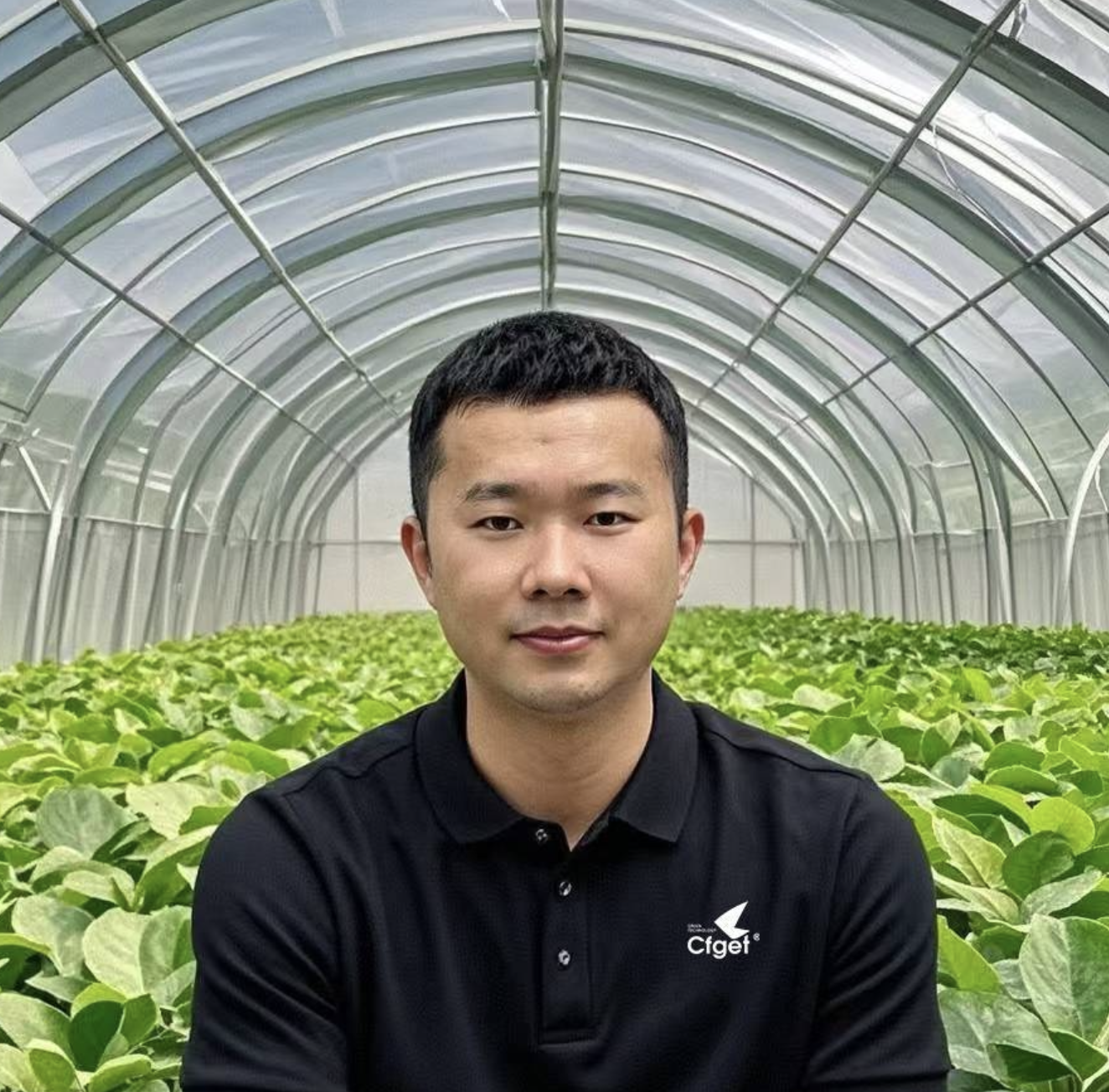Innovative Solutions Addressing Urbanization and Resource Scarcity
As urbanization accelerates and land resources become increasingly scarce, vertical farming is emerging as a crucial solution to global food security challenges. By integrating with modern greenhouse technology, this innovative agricultural model maximizes space utilization efficiency and significantly reduces water usage and dependency on external climate conditions.

Advanced Technology Applications
The success of vertical farming and greenhouse technology hinges on several advanced technologies:
1. LED Lighting: Provides specific light spectra required for plant growth, substituting natural sunlight and ensuring rapid crop growth.
2. Hydroponic and Aeroponic Systems: Use water and air to deliver nutrients directly to plant roots without soil, significantly conserving water resources .
3. Automated Control Systems: Employ sensors and IoT technology to monitor and adjust greenhouse environmental conditions in real time, reducing manual intervention and increasing production efficiency .
4. Greenhouse Structural Materials: Utilize highly efficient insulating and light-transmitting materials to maintain stable internal environments and optimize resource use.
Environmental Benefits
The integration of vertical farming and greenhouse technology not only boosts agricultural productivity but also delivers significant environmental benefits. Controlled environment agriculture reduces the need for pesticides and fertilizers, minimizing soil and water pollution. Additionally, vertical farms located near urban consumer markets decrease transportation distances and carbon emissions, helping to mitigate climate change .



Case Studies and Market Outlook
In New York City, a vertical farm combined with modern greenhouse technology produces over 500 tons of fresh vegetables annually, supplying the local market. This model not only meets urban residents' demand for fresh food but also creates jobs and stimulates the local economy.
Predictions indicate that by 2030, the vertical farming market will grow significantly, becoming an essential part of global agriculture. This trend will transform agricultural production methods and reshape urban food supply chains, ensuring that city dwellers have access to fresh and safe produce .
Contact Information
If these solutions are useful to you, please share and bookmark them. If you have a better way to reduce energy consumption, please contact us to discuss.
- Email: info@cfgreenhouse.com
Post time: Aug-05-2024






 Click to Chat
Click to Chat